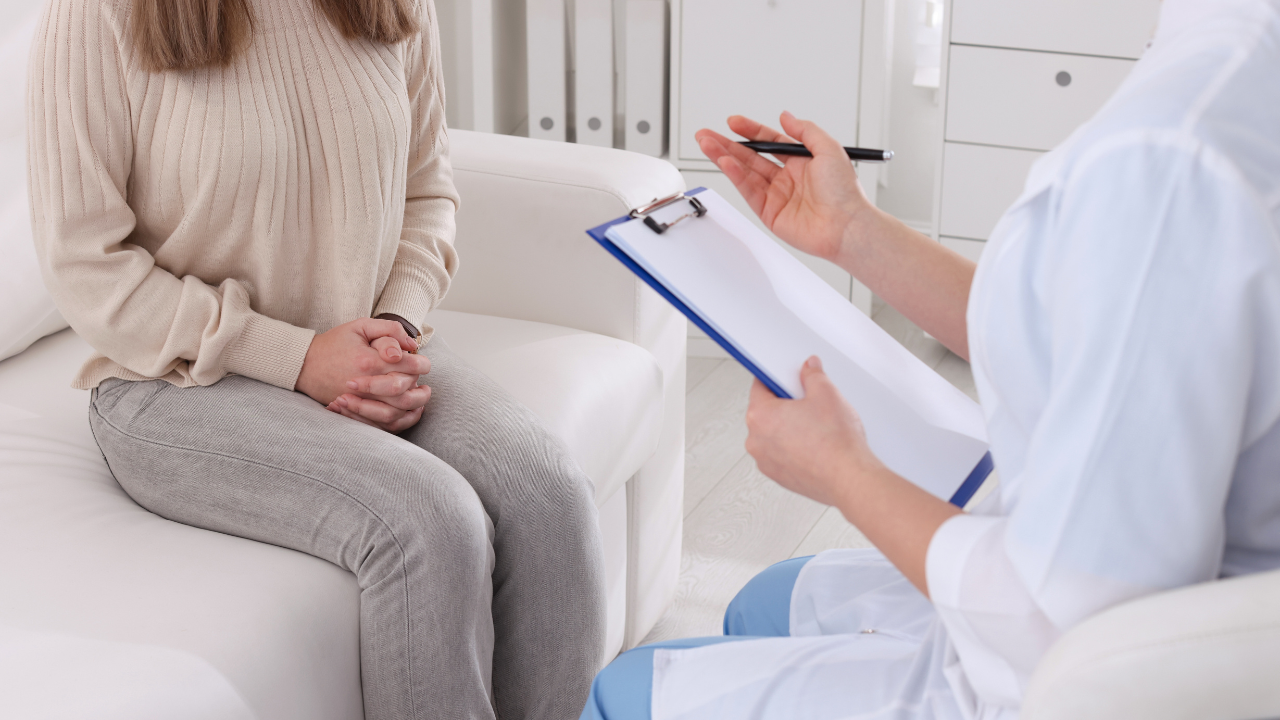-
news
-
Health
Debunking common HPV vaccine myths: Experts set the record straight
The HPV vaccine prevents HPV-related cancers and diseases, yet myths persist. Experts dismiss misconceptions, stressing on its safety, prompt administration and importance of vaccination for all genders.

Image – Canva
Human papillomavirus (HPV) vaccine has been of utmost importance in the prevention of specific cancer And diseases caused by viruses generally spread sexual contactVaccines have emerged as an essential tool to avoid such health threats. Still, there are countless myth And misinformation is being spread that has created undue fear and apprehension among people regarding the vaccine.
We speak to Dr. Shweta Mendiratta, Associate Clinical Director, Obstetrics & Gynecology, Marengo Asia Hospital, Faridabad, who discusses six common myths about it. hpv vaccine,
Myth 1: The HPV vaccine encourages early sexual activity.
Some parents are concerned that giving their children the HPV vaccine will trigger some early sexual behavior. However, Dr. Mendiratta says studies consistently show no link between getting the HPV vaccine and changes in sexual behavior. “Strictly speaking, the HPV vaccine is preventative and its purpose is to prevent the possibility of HPV-related disease,” she says.
Myth 2: Only girls need the HPV vaccine.
While the initial target of the HPV vaccine was girls, the need for vaccination is equally important for boys. “In men, HPV can cause cancer of the throat, anus, and penis. “Vaccinating boys can reduce the spread of the virus, which will help provide community-wide protection,” says Dr. Mendiratta.
Myth 3: The HPV vaccine is unsafe.
According to Dr. Mendiratta, years of research and continued monitoring have proven the HPV vaccine to be as safe as all other vaccines; It has passed specific tests before being approved for use and continues to be monitored for potential adverse effects. “Most reactions are mild, such as pain at the injection site or mild fever,” she adds.
Myth 4: Only after this it can be given to girls menstruation,
The notion that the HPV vaccine should only be given to girls after the onset of menstruation is an accepted myth. “The vaccine works best when it is given when there is no risk of HPV, usually between 9 and 12 years of age, and regardless of menstrual cycle. Timing ensures that the immune response is adapted to deal with any potential exposure to the virus,” she says.
Additionally, delays due to menstruation increase the unnecessary risk of losing opportunities for early protection. One must appreciate that vaccine efficacy can sometimes be assessed based on age and not sexual maturity. It provides a reminder of early vaccination To fully maximize the protective benefits of the vaccine HPV related cancer And diseases.
Myth 5: You do not need the vaccine if you are not sexually active.
The vaccine works best when given before exposure to HPV, usually around age 11. She adds, “Even if someone is not sexually active now, he or she may become sexually active in the future, so he or she should get vaccinated as soon as possible.”
Myth 6: Proposes the need for HPV vaccine cervical screening controversial
Dr. Mendiratta concluded, “Although the vaccine provides protection against most HPV strains, cervical screening is still important to monitor for abnormalities and precancerous lesions.”
Get the latest news live on Times Now with breaking news and top headlines from around the world.
hpv vaccine
cancer
myth
early vaccination
cervical screening
menstruation
sexual contact


